
So long robot, I'm ditching Android
Dear Google, that's it! I've had enough! Enough of the random lockups and reboots. Enough of the buggy browser and convoluted multitasking. Enough of Android!
Google, I've given you a fair shot. I drank the Kool-Aid. I joined the Android Army. And I wore my green robot tattoo thingy with pride. However, I could never shake the feeling that I've been running with the wrong crowd.

Microsoft enters the Windows 'RT era'
I'm having one of those "duh" moments this afternoon, actually it started in the AM. Gartner analysts today profess the obvious: Windows 8 is a gamble, but one Microsoft must make to stay relevant. Really? Like we haven't said similarly here at BetaNews, and others elsewhere, for months. Given, the only good news today seems to be iPhone 5, and we're all so tired here of promoting Apple's Jesus Phone (could the Second Coming really get this much press), anything Windows 8 is welcome.
Something more: Gartner analysts finally go on record clearly stating that the post-PC era -- what I call the cloud-connected device era -- is here; not coming someday, but upon us now. Well, the transition phase anyway. That's worth putting on record for your reference and our future stories.
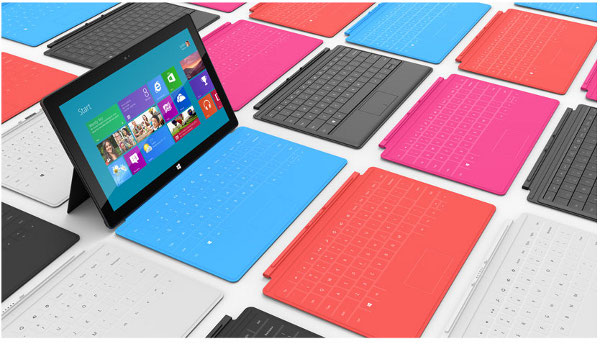
5 reasons why Microsoft Surface will struggle
What? You're looking for iPhone 5 stories, since it launches today. I want to break with the pack, and write about something else. Shocking, isn't it? Windows tablets is worthy topic.
While you can expect many different Windows 8 or RT tablets next month, Microsoft's own Surface is the trailblazer. I've got some concerns, which apply to other tabs running the new OS -- five big barriers I think Surface will face at launch.

Windows 8 tablets are the right post-PC response
Microsoft is taking a considerable risk with the Windows 8 ecosystem and major push into the post-PC era. There is no room for error and to get it right all the parts must work in perfect harmony. Windows 8 faces stiff competition and must dismount all preconceptions it's a weak tablet operating system.
Microsoft enters the market fully prepared to take its opponents head-on. Instead of copying adversaries, the company takes the more mature approach of offering a different user experience. Every competitor should fear Windows 8 tablets, and I've got five reasons why.
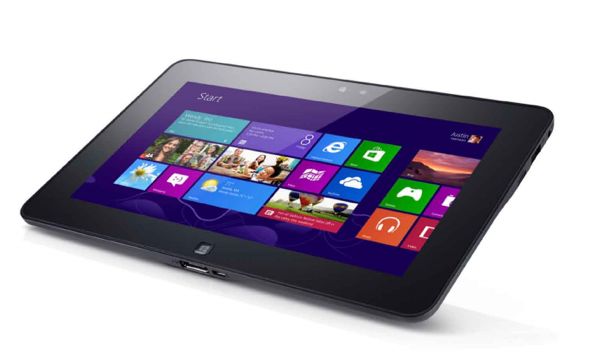
Dell's new Windows 8 tablet and ultrabook: general purpose, but not for consumers
The traditional personal computer is returning to the niche from whence it sprang at the dawn of the Internet age, but general purpose computing isn't dead yet.
With consumer desktop and notebook computer sales in decline, and lower-powered, general purpose devices such as the iPad encroaching on resource-light communications and data management tasks in the workplace, the PC business is gearing down. Former consumer PC market leader Dell has all but exited the consumer hardware business and has been on an enterprise software and services buying spree.

Friendly advice to a fellow post-PC traveller
You do even better! That's what I'd say to fellow BetaNews contributor Mihaita Bamburic if I ran into him in a hallway somewhere. As I watch with amusement, his "existential struggle" with the post-PC question, I have to chuckle a bit at his naïveté. Like most PC veterans, Mihaita tries to squeeze a square peg (tablet) into a round hole (desktop-centric thinking). He'll need to leave those preconceptions behind if he ever hopes to do more than scratch the post-PC surface.
For starters, reset your purchasing criteria. You need to forget about those expensive "clamshell" tablet/dock combos and start off with a simple, cheap Android tab. I picked up a dozen Acer Iconia A200s on eBay for use at the new school my wife and I are building. Prices ranged from $170-200 for refurbished units with 8GB or 16GB of onboard SD storage. At that price point, you can pretty much experiment to your heart's content without worrying about trashing some "transforming" device that costs more than a decent laptop.
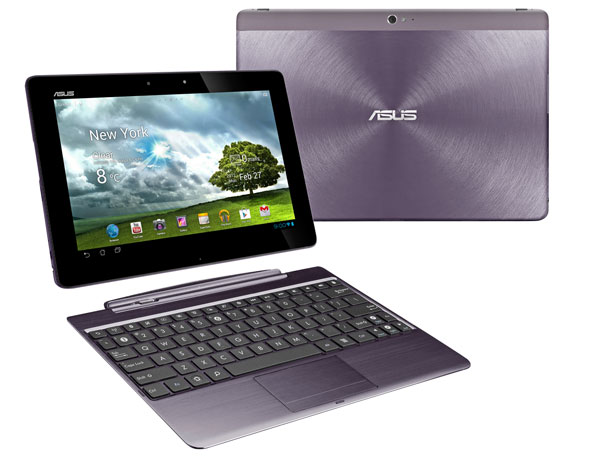
Existential crisis: A tablet with a keyboard dock is just a PC, right?
Post-PC is a lifestyle I do not strive toward and I have very good reasons for that. Yet after buying my Galaxy Nexus, I started toying with the idea that maybe a tablet is not such a bad idea after all. I will not concede to the concept of a tablet being suited for all tasks, yet I can accept it for what it is -- a toy. I have not self-medicated, nor did I happen to change overnight, but there is a logic to my madness.
I am the type of person that gets easily bored by using the same thing over and over again, be it software or hardware, and it would only be a logical step to assume that a new device could put an end to my unconscious --or most likely conscious-- quest to find the perfect anti-boredom device. My needs are rather specific, and I struggle to find the reason why I would rationally want to make the switch to an all-purpose tablet, and there isn't one.

You're living in post-PC denial
Talk about your bitter clingers! Here I am, minding my own business, just writing about my experiences using an Android tablet, when out of the woodwork comes this wave of angry post-PC deniers. I mean, the level of rage on display is unreal. You'd think I walked into a Steve Jobs memorial service wearing an "I love Android" t-shirt or something!
For those of you who missed my earlier post, I noted how pleased I was with the outcome of my own post-PC experiment. I wrote how, with the right supporting peripherals, I could be perfectly productive on even a cheap Android tablet -- like my trusty Acer Iconia Tab 200. In fact, I was so impressed with the results that I declared being done with laptops forever. I would literally never buy another traditional laptop PC.
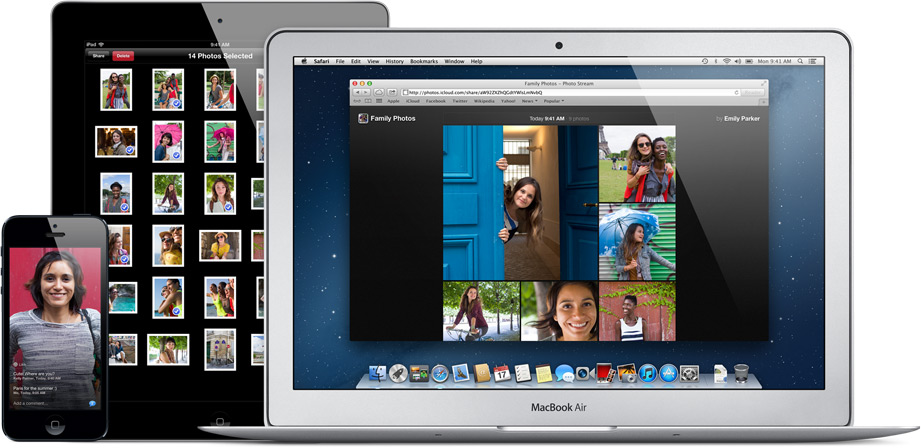
Hey, Apple, where’s the innovation?
So the iPhone 5 has been unveiled and, well, it’s just a bigger version of the iPhone 4S. No great surprise there, as all the rumors and leaks predicted that would be the case. There are some other changes to the device of course; it’s faster, lighter, prettier and has a better camera and a new dock connector, but really it’s just Apple’s phone with a bigger screen, improved OS, and less Google.
If the reports are to be believed, and they are, in October Apple will introduce another new product -- a smaller iPad.
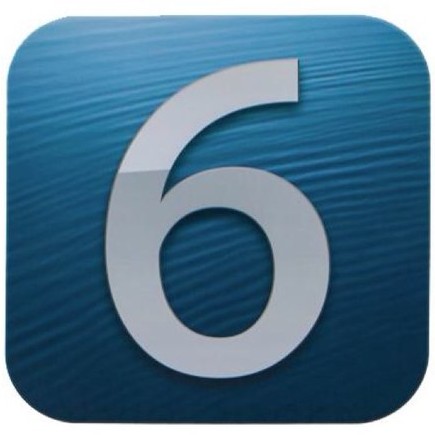
Apple iOS 6 launches September 19
If you've got iPhone 4 or 4S, recent iPod touch or one of the two recent iPads, Apple will give you iOS 6, and you won't wait long. The Cupertino, Calif,-based company formally announced the release date, September 19, during a media event today.
New iOS 6 features include FaceTime video over cellular, Facebook integration, Passbook for buying movie tickets and other passes, shared photo streams and new maps app, among others. Apple released a developer preview in June. Perhaps most notable among the new features is Apple's homegrown maps app, replacing the one long provided by Google.
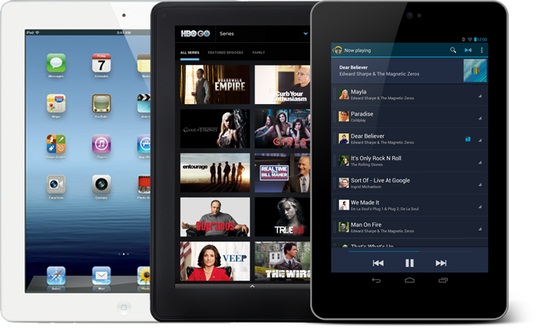
Cumulative Android device sales push past iOS for first time
In what can only be described as a turning point for post-PC operating systems, cumulative Android device sales now exceed iOS, and in a shorter time period. Today, during a special media event, Apple reduced the cumulative number of iOS sales to 400 million -- that would be since iPhone's debut in June 2007. But yesterday, Google put Android sales at 500 million, from the G1's launch four years ago this month. The days of iOS' perennial lead are over.
Android has been on the catch-up track for better part of the year. At the end of June cumulative iOS shipments were 410 million, according to Apple. Why CEO Tim Cook put the number at 10 million less today is anyone's guess. Days before the quarter ended, Google put cumulative Android shipments at 400 million. A few months earlier: 365 million and 300 million, respectively. Daily Android activations now total 1.3 million, up from 900,000 in June, according to Google.

I would end my boycott if Apple stopped bullying others
Apple is on my mind again, with the company hosting a big media event tomorrow presumably to unveil iPhone 5. I'm not seriously thinking about buying the smartphone, certainly not sight unseen. I'm super satisfied with Galaxy Nexus -- if not, I'd move to a LTE Android, perhaps HTC One X or Samsung Galaxy S III. Rather, iPhone 5 is good time to assess my personal Apple boycott, where I sold off all my fruit-logo gear in protest of patent bullying.
Until July, I was a long-time Apple user, starting with the December 1998 purchase of the original Bondi Blue iMac. Then about six months ago, Apple's persistent competition-by-litigation tactics finally made me mad. I also had grown sick of Apple media bias that borders on the insane. How crazy? Yesterday, Washington Post explained "How Apple’s iPhone 5 could singlehandedly rescue the US economy". Bad is worse -- today, extending this economic lift to US presidential elections, Nextgov (a product of the National Journal Group) asserts: "How the iPhone 5 could help re-elect Obama". These are people I really don't want to associate with. (Say doesn't the president use BlackBerry?)
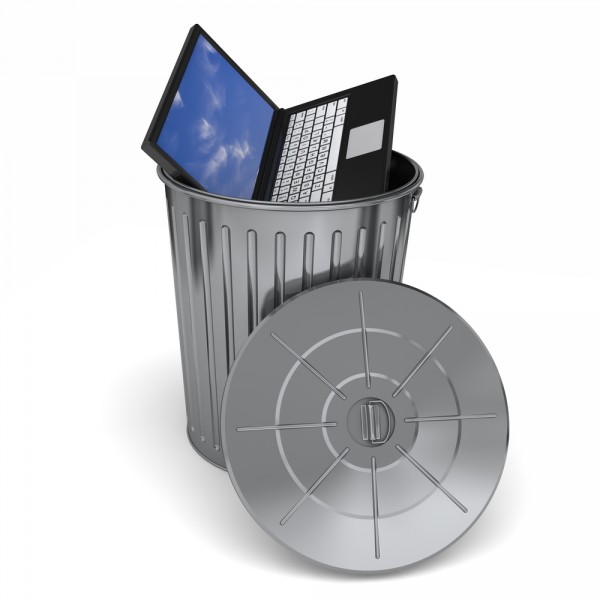
I will never buy another laptop
That is the conclusion I reached after several weeks living la vida post-PC. With nothing but my trusty Acer Iconia Tab to work on while waiting for my house sale to close in Florida (see previous post about not needing a smartphone), I've managed to remain productive and connected without touching so much as a byte of "wintel" technology.
Well, maybe a few bytes. There have been the occasional detors off the Android wagon -- for example, when I needed to quickly print, sign and re-scan some legal documents and hijacked my daughter's Dell Inspiron for a few minutes (it was like pulling teeth -- she's quite possessive of her toys). However, for the most part I accomplished everything I needed to from the comfort of my Ice Cream Sandwich-based tablet. And the secret of my success had as much to do with the accessories that I surrounded the tablet with as with the device itself.
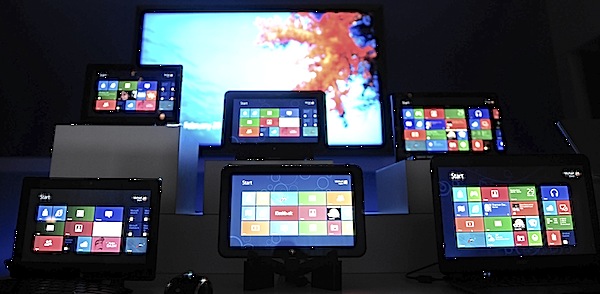
Windows 8 is a compelling story
First in a series. Over the past few months I’ve seen several articles and forum postings negatively criticizing the design of Windows 8; from the flatness of the UI to design inconsistencies on the desktop. I’ve also seen articles asserting how difficult the operating system is to use because it’s not instantly intuitive.
While I think there are some valid concerns in these articles about Windows 8, I personally believe that most of what has been written is shortsighted. I hope to prove this over three articles.
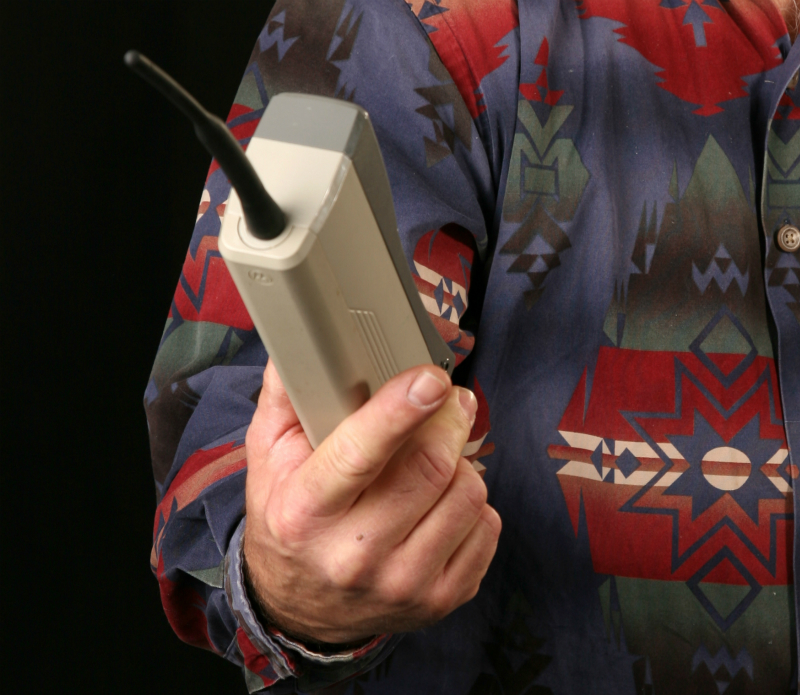
I don't need a smartphone
Call me old fashioned. I do not now, and never have in the past, owned a smartphone. Whether it was due to geographic isolation (the iPhone debuted after I'd moved 11,000 miles to the Indian Ocean), fear of being a too-early adopter, or simply an inability to rationalize the cost of a non-subsidized device, I have somehow resisted the siren song of the smartphone revolution.
But that doesn't mean I'm stuck in the past. More than any of my contemporaries, I have embraced the post-PC concept with gusto. From my first attempts using an HP Mini 2140 netbook (great machine), through my awkward BlackBerry PlayBook (still love my 32GB unit) days to my present infatuation with rooted, customized Android tablets (thanks xda community!), I've seized every opportunity to put my 30+ year relationships with the "wintel" cabal behind me.
